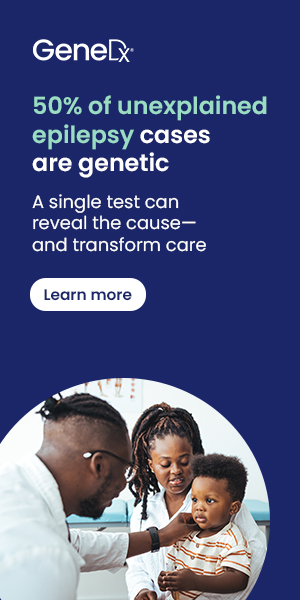Erin Dunbar, MD, founding physician of the Brain Tumor Center and Director of Neuro-Oncology at Piedmont Atlanta Hospital, discusses the current landscape of glioblastoma.
Glioblastoma is a malignant brain tumor that develops from an astrocyte brain cell. These cells help support and nourish neurons and form scar tissue that helps repair brain damage in response to injury. Glioblastomas are often very aggressive and grow into surrounding brain tissue. Signs and symptoms (such as headache, nausea, vomiting and/or drowsiness) may develop when the tumor begins to put excess pressure on the brain. Affected people may also experience other features depending on the size and location of the tumor. In most cases, the exact underlying cause is unknown, however, they can rarely occur in people with certain genetic syndromes such as neurofibromatosis type 1, Turcot syndrome and Li Fraumeni syndrome.
Diagnosis and Management
Dr. Dunbar explains how the diagnosis process for glioblastoma can be lengthy and traumatizing. Due to the generic neurological symptoms common with early stages of the disease, glioblastoma often goes misdiagnosed. Additionally, emergency episodes caused by the tumor are often mistaken for a stroke, further prolonging accurate diagnosis.
Current management depends on a variety of individual tumor factors such as location, size, symptoms, and a patient’s personal health, etc. Treatment may include biopsy, surgery, radiation, tumor treating fields, and approved or investigational medications.
Dr. Dunbar describes how the treatment landscape has greatly improved in recent years, noting how historical medications were extremely toxic and hard to get. Advancements in technology and disease understanding have led to different surgery options as well as different administration methods and better targeted mechanisms of action to fundamental treatments.
An emerging treatment that Dr. Dunbar is most excited about is berubicin, an anthracycline designed to induce DNA damage in targeted cancer cells by interfering with topoisomerase II enzyme that enables cell proliferation. In an international phase 3 trial, berubicin showed rapid imaging response as well as rapid clinical response. Tolerability was favorable and the known toxicities for the drug type were significantly less or nonexistent.
Awareness Days
Additionally, Dr. Dunbar discussed the importance of awareness days, especially in the rare disease space. Not only are these days important to patients and families, but also to clinicians and researchers to be recognized and feel supported in the community and serve as motivation. These days are also important in bringing together all stakeholders, policymakers, legislative advocates, fundraisers, investors to focus on next steps in the disease space.
Today, July 16, is glioblastoma awareness day. Learn more here.
To learn more about glioblastoma and other rare cancers, visit https://checkrare.com/diseases/cancers/

